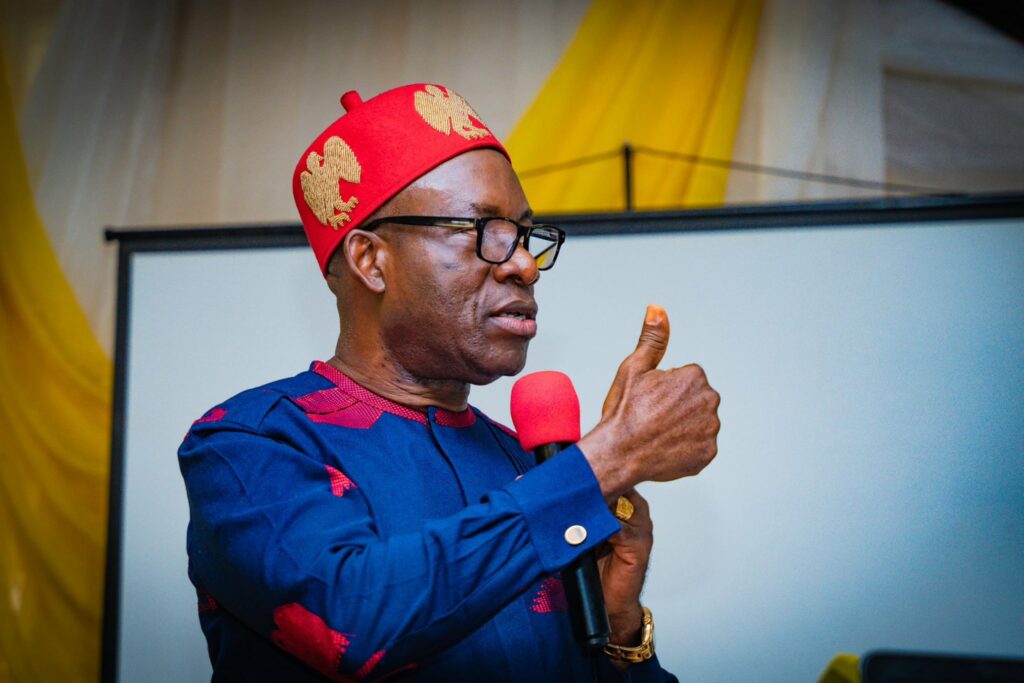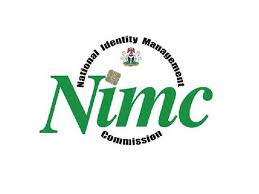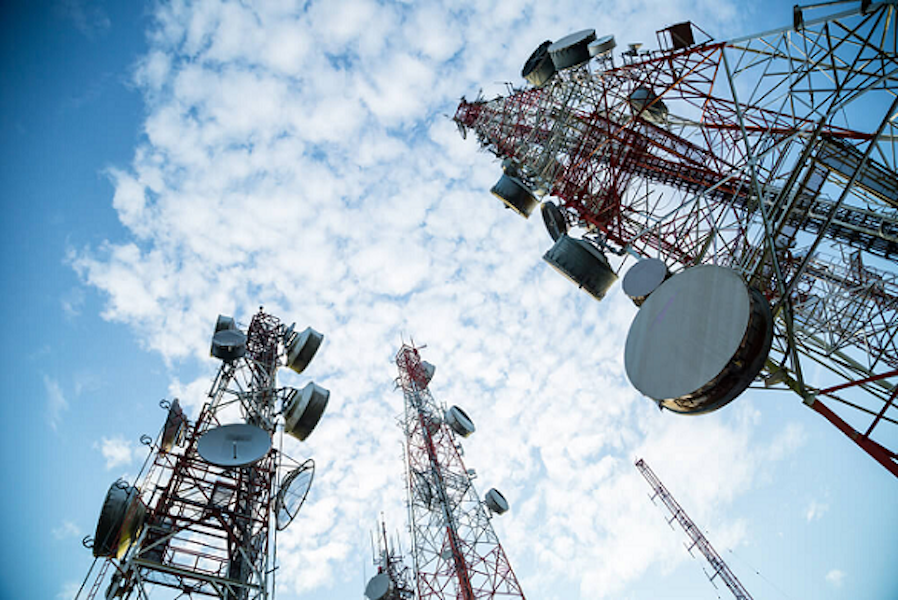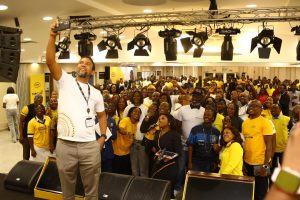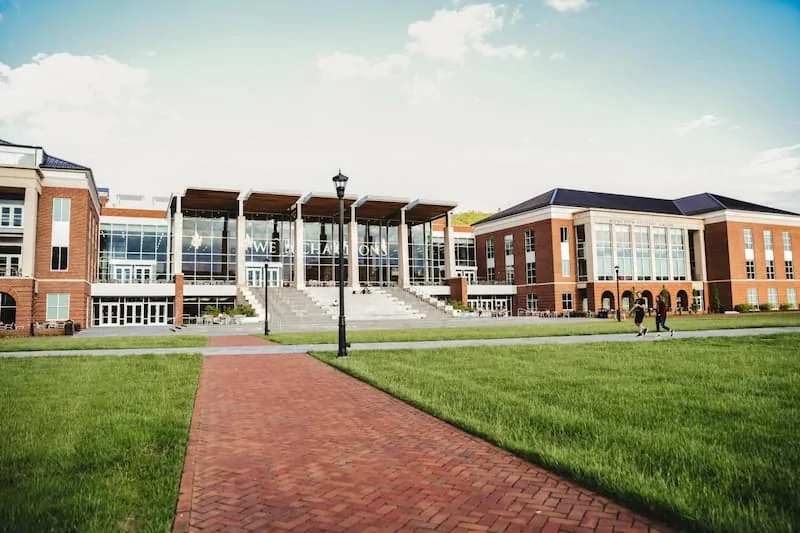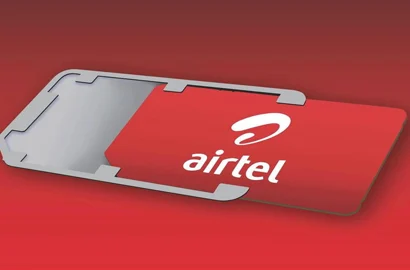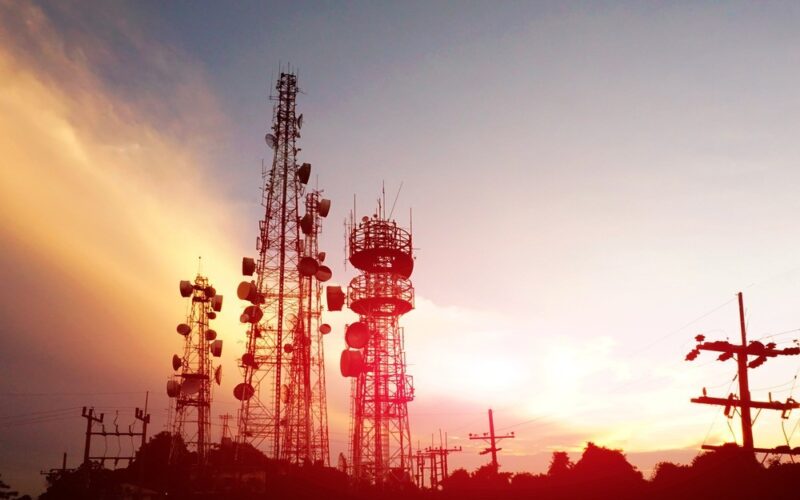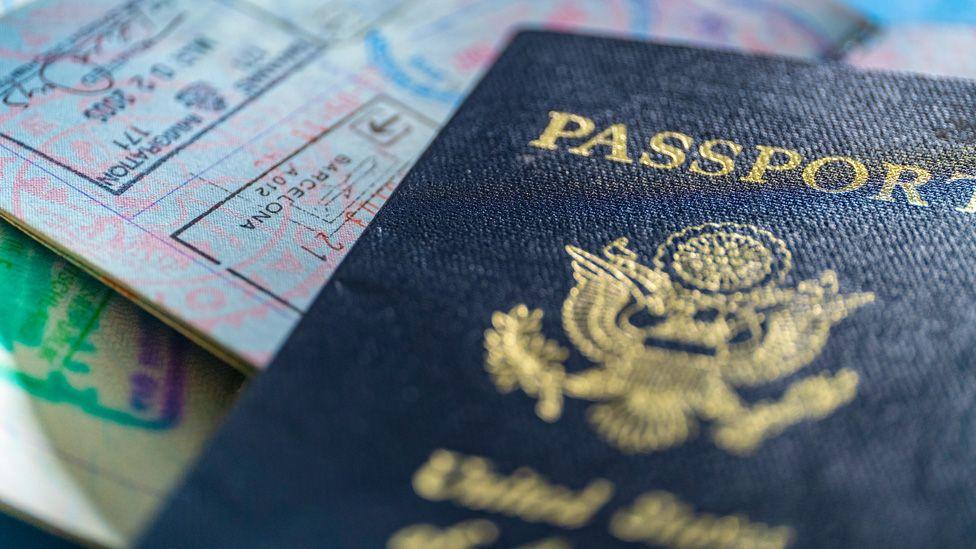Lagos State is home to some of the most exclusive and high-cost secondary schools in Nigeria, catering to the educational needs of the wealthy elite. But who are the visionaries behind these elite institutions?
With state-of-the-art facilities, international curricula, and luxury-level tuition fees, these schools are more than learning centers—they’re lifestyle statements. As demand for premium education rises, so does curiosity about the people and organizations that run them.
Below, we spotlight the founders, owners, and key stakeholders behind the top 10 most expensive private secondary schools in Lagos State.
10. Greensprings School
Founder: Mrs. Lai Koiki
Tuition: ₦3.8M – ₦7.1M per session
Hashtags: #GreenspringsSchool #LagosEducation #PrivateSchoolsNigeria
Founded in 1985 by seasoned educator Lai Koiki, Greensprings School has evolved from a Montessori nursery into one of Nigeria’s top-tier British international schools. Koiki, who holds a Geography degree from UNILAG and a UK Montessori diploma, also serves as the CEO of Greensprings Educational Services Ltd.
The school operates three campuses in Lagos with over 2,200 students and offers a British-style education from preschool through A-Level.
9. Grange School
Key Person: Dayo Lawuyi (MON), Chairman of the Board
Tuition: ₦4.5M – ₦6.5M per session
Hashtags: #GrangeSchool #TopSchoolsLagos #BritishCurriculumNigeria
Established in 1958 by British expatriates affiliated with the defunct WAAC airline, Grange School is a not-for-profit institution governed by an elected Board of Directors. It offers the National Curriculum for England and prepares students for Cambridge and A-Level exams.
8. Lekki British International School
Founders: Late Dr. Abiodun Laja; now run by Francis & Christian Idehen
Tuition: ₦4.6M – ₦6.8M per session
Hashtags: #LekkiBritishSchool #LuxuryEducation #BritishCurriculum
Founded in 2000 by education trailblazer Dr. Abiodun Laja, the school brings UK-style learning to Nigeria. After her passing, her sons now manage the school. Lekki British serves both local and international students using the British curriculum.
7. British International School (BIS), Lagos
Owner: Oniru Royal Family
Chairman: Prince Adesegun Oniru
Tuition: ₦6.1M – ₦8.1M per session
Hashtags: #BritishInternationalSchoolLagos #OniruEstate #RoyalEducation
Founded by the Oniru Royal Family in 2001, BIS Lagos was created to offer world-class British education in the heart of Victoria Island. The school boasts premium facilities and a curriculum designed for IGCSE and A-Level qualifications.
6. Meadow Hall School
Founder: Dr. Kehinde Nwani
Tuition: ₦5.5M – ₦10.4M per session
Hashtags: #MeadowHall #HybridCurriculum #EducationalInnovation
A lawyer-turned-educationist, Dr. Nwani launched Meadow Hall in 2002 to blend academic rigor with moral and cultural grounding. Meadow Hall now includes several educational initiatives under its group and offers a hybrid of Nigerian and British curricula.
5. Atlantic Hall
Chairperson: Chief (Mrs.) Marlies Allan
Tuition: ~₦6.7M per session
Hashtags: #AtlanticHall #NonProfitSchool #TopBoardingSchools
Established in 1989 by ten visionary Nigerian women through the Atlantic Hall Educational Trust Council, this nonprofit institution offers premium education with strong values and structure. It remains governed by its founding council.
4. Corona Secondary School, Lekki
Board President: Dr. Myma Belo-Osagie
Tuition: ~₦8M per session
Hashtags: #CoronaSchools #LagosEliteSchools #CoronaTrustCouncil
Started in 1955 by the Corona Women’s Society, Corona Schools is one of the oldest elite education providers in Nigeria. Governed by the nonprofit Corona Schools’ Trust Council, its Lekki secondary campus remains a top choice for high-income families.
3. Lycée Français Louis Pasteur (LFLP)
Owned By: Association Française du Nigeria (AFN)
President: Guillaume Niarfeix
Tuition: ₦16M – ₦19.1M per session
Hashtags: #LFLP #FrenchEducationNigeria #AEFE
Backed by the French government via AEFE, this French international school offers a fully immersive French curriculum. Founded in 1958, it’s managed by AFN and enjoys direct educational and financial links to France’s Ministry of Education.
2. Charterhouse Lagos
Owner: Huntington Education Group (China)
Executive Chairman: Gordon Zhao
Tuition: ₦21.7M – ₦24.5M + ₦7M boarding + ₦2M application fee
Hashtags: #CharterhouseLagos #LuxuryEducationNigeria #GlobalSchoolBrand
Launched in 2023 as part of a global expansion by China’s Huntington Education Group, Charterhouse Lagos is a luxury British international school with plans to serve Years 7 through 12. It boasts the highest tuition among Lagos schools.
1. American International School of Lagos (AISL)
Board President: Nada Matni Beylouny
Tuition: ₦15.7M – ₦26.8M per year
Hashtags: #AISLagos #AmericanCurriculum #TopInternationalSchools
AISL is a nonprofit, parent-owned institution founded under Nigerian law and governed by a Board of Directors, including representatives from oil companies and the U.S. Consul General. Known for its American-style education, AISL is the most expensive school in Lagos.
Conclusion
From royal dynasties and expatriate communities to passionate educators and global investors, the ownership of Lagos’s most expensive secondary schools reflects a rich tapestry of influence, vision, and ambition.
These institutions go beyond academics—they are building the next generation of global leaders.

